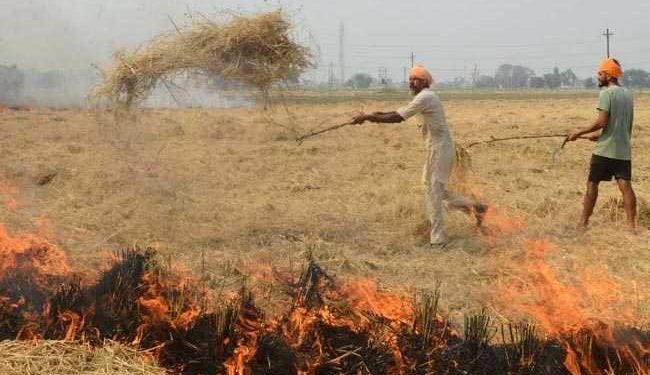Lahore: Pakistan Tuesday said it will raise with India at the diplomatic level the issue of “stubble burning in Indian Punjab” impacting the air quality in Lahore, one of the most polluted cities across the globe.
During a meeting with interim Prime Minister Anwaarul Haq Kakar here, Punjab caretaker chief minister Mohsin Naqvi informed him that the main reason for the spread of smog in Lahore is “the burning of residues of crops in Indian Punjab.”
He requested the premier to take up this matter with India. Kakar then assured the Punjab government of taking up the issue of the smog with India as he said, “We will take up this matter with India at diplomatic level” and expressed hope the matter will be resolved.
Burning of crop residue takes place at this time of the year to prepare the ground for the next crop planting. The smoke is a major contributor to dangerously polluting particles in the air.
Lahore remained one of the most polluted cities in the world with hazardous air quality conditions prevailing. The Air Quality Index (AQI) reached 447 in the provincial capital Monday, as reported by www.Iqair.Com, a global air quality monitoring platform. Air is considered safe to breathe when the AQI is below 50.
Lahore is barely 20 kms west of the border with India. Just as in India, farmers in Pakistan too resort to crop residue burning at the end of the monsoon crop to prepare for the next crop cycle.
Also, this is not the first time that Pakistani leaders or ministers have blamed poor air quality in Lahore on crop residue or stubble burning across the border. The direction in which the pollutants in the air travel depends on the wind direction, meteorological experts have maintained.
Punjab Minister for Environmental Protection Bilal Afzal attributed the increase to recent changes in wind direction. “The government is implementing measures to control smog-inducing factors. This year’s smog situation in the city is comparatively better than the previous year,” he said and advised using masks and frequent hand-washing to mitigate health risks from urban smog.
PTI






































